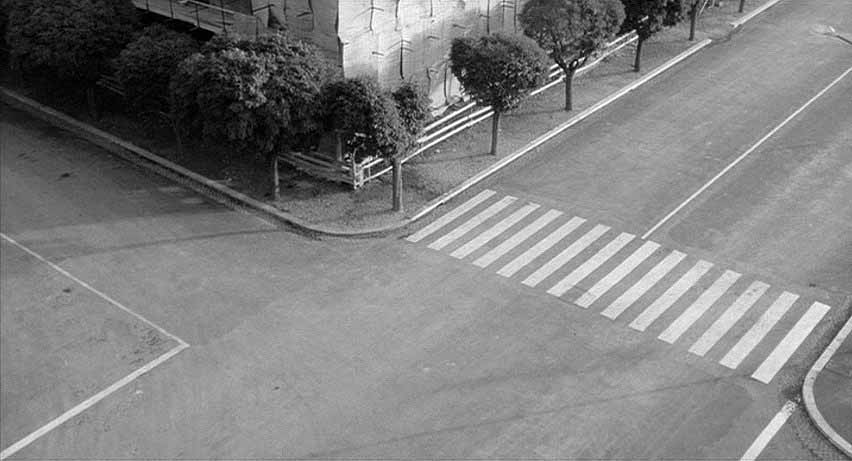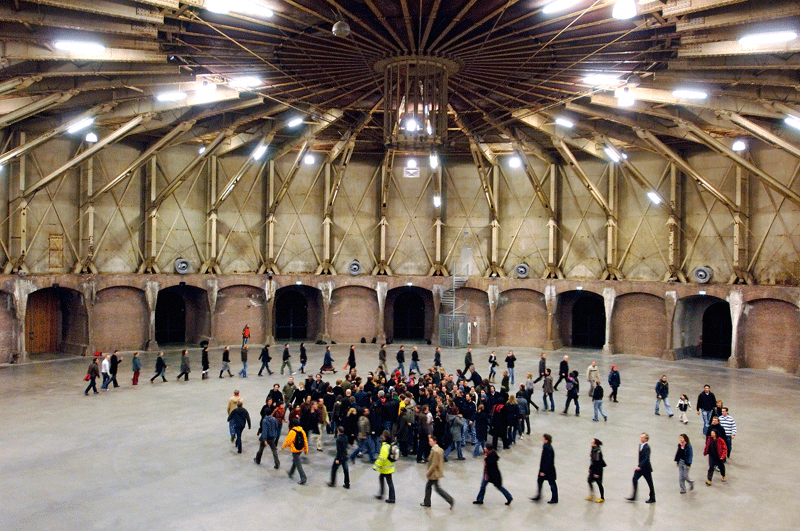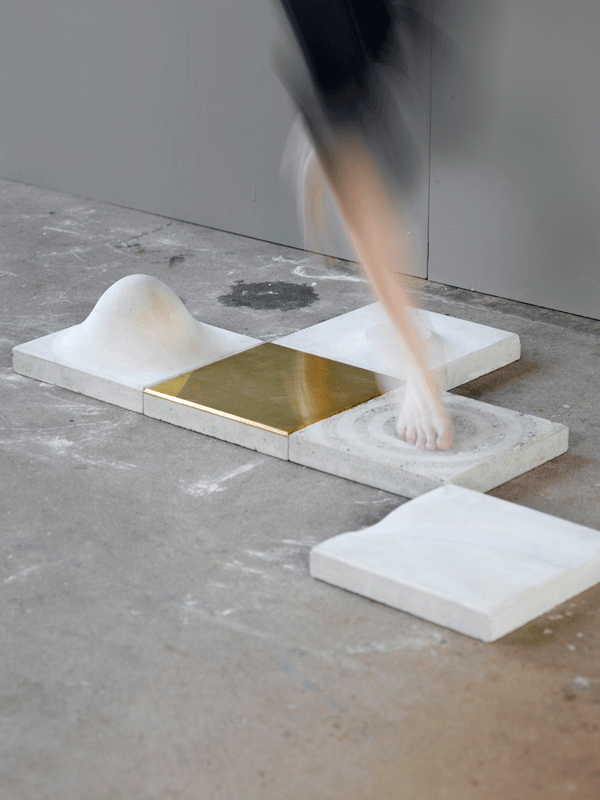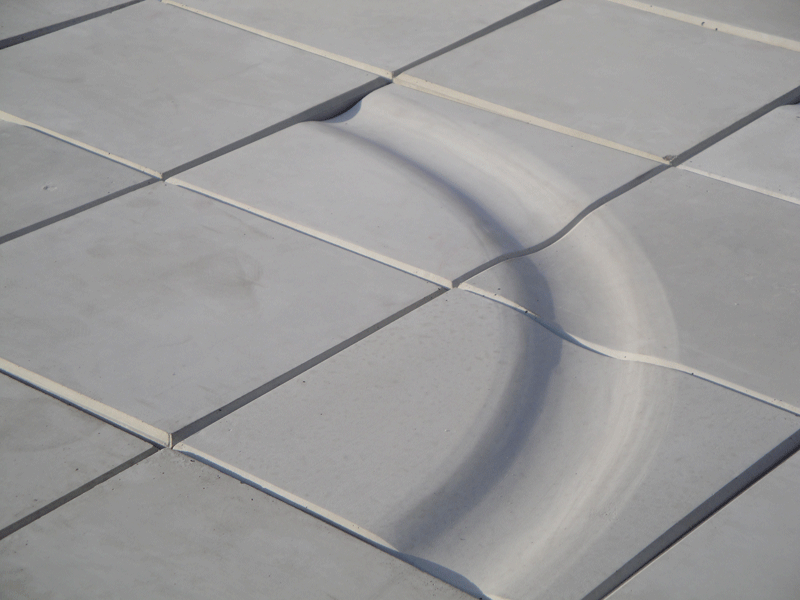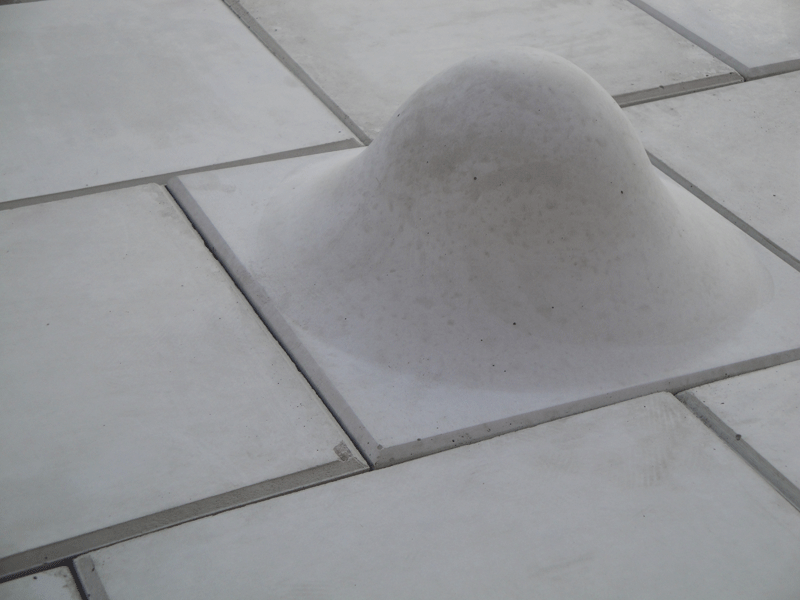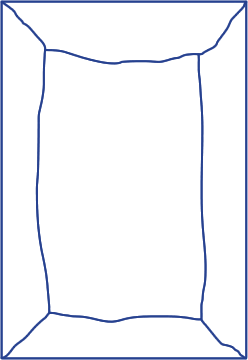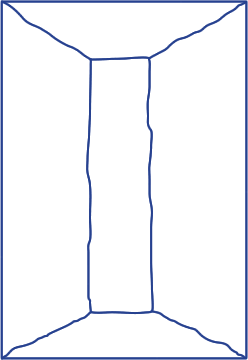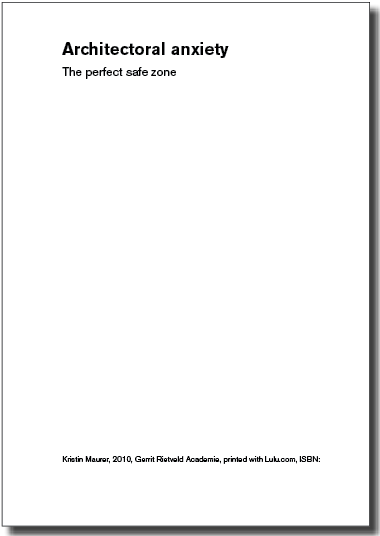I have a big love for dance, where space is explored, described, by the moving body. This interest for dance, inspired me to reflect on body, space dance and architecture.
Our bodies are always in a dialogue with their surroundings. Looking at our everyday environment, streets, buildings, its intersections, they shape our movement through the space. Sometimes there are stairs, floors, curves, or slopes, which have more choreographic potential than others, they challenge me to make a certain movement or walk in a different rhythm.
film still from Michelangelo Antonioni’s film ‘l’eclisse’
Choreographers and architects both work with space. Like architecture, a choreography is constructed in a well considered way. The big difference is that a choreography includes the aspect of time, a sequence in its construction, where architecture doesn’t.
‘body/space’, a project by choreographer Krisztina de Châtel
together with the Academy van Bouwkunst Amsterdam.
Myself being a designer I tried to bring these two worlds of dance and architecture closer together, by making a product.
Concrete choreographies, is a series of concrete paving stones, which will encourage people to dance in the streets. Varying in shape, size and surface, every tile is designed to facilitate a specific movement.
With these tiles, building choreography gets materialized. Depending on the paving patterns, the stones will give rise to new choreographies, leading the stroller into a dance where rhythm, repetition, balance, speed, direction and gesture play a part.
photo by Vincent van Gurp
The movements I chose for designing the tiles originate from a personal experience during modern dance class. With these basic movements multiple choreographies are possible.
After mapping and understanding these movements I searched for shapes and finishing, which would serve and even strengthen them.
The size of the tiles, 30×30 cm, fits the grid of existing streets and squares. The used material, concrete, also fits the existing surroundings. But, as a contrast to the straight grid of the street, my tiles have curved forms, which is more fitting the dance and the human body.
With this project I would like to show how interesting moving by foot can become. Now things designed for movement or play in a city, are always for either skaters or children. But why not for someone who is walking outside, and who likes to take a dance path?
With concrete choreographies I try to move people, invite them to see the urban space as a place to dance a little.
Pomme van Hoof is a 2010 graduate from the Design Academy Eindhoven dept "Man and well being" www.pommevanhoof.com
